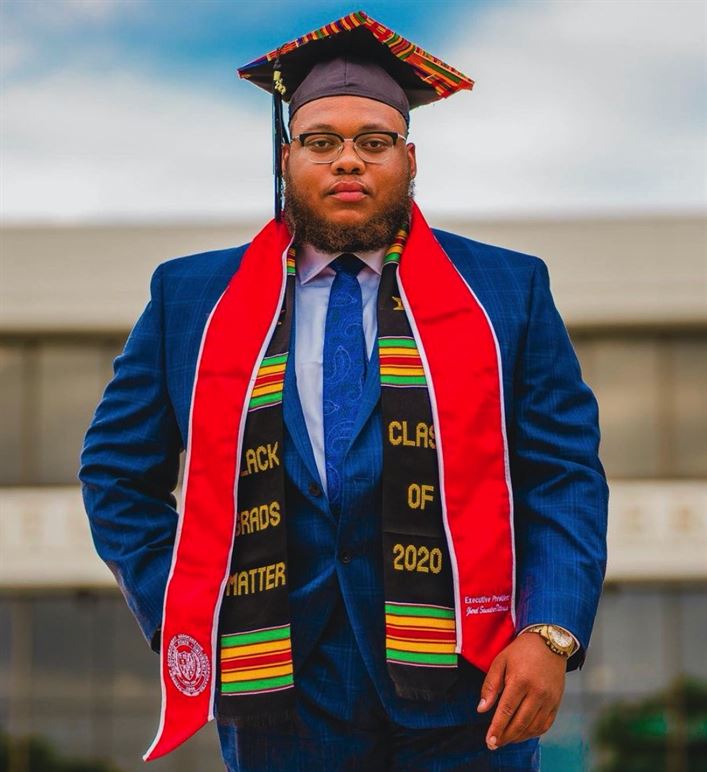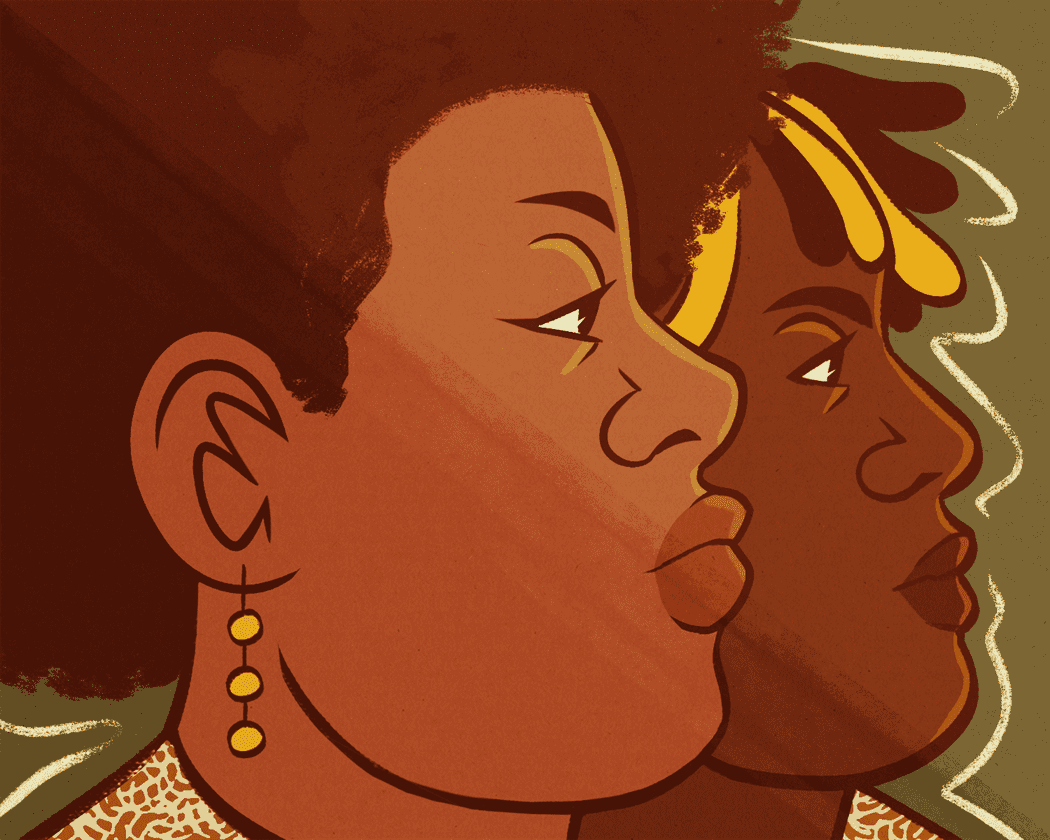The coronavirus (COVID-19) pandemic is one of two plagues that loomed over the United States in 2020; the other is racism. In the middle of a pandemic, massive protests erupted around the country after the death of George Floyd, a Black man who died at the hands of a Minneapolis police officer in late May.
Floyd was not the first Black man who died from police brutality but his murder marked the day that many African Americans grew tired of death. At Montclair State University there is a growing number of African American students, and these circumstances are affecting their mental health.
Genevieve Alzuphar, a former graduate student, was hit by devastating events in 2020. She had to discontinue her enrollment at Montclair State due to her lack of finances. While she demanded racial equality, Alzuphar also said goodbye to three of her relatives who lost the battle to COVID-19. Alzuphar states it was emotionally exhausting.
“It’s just been horrific for our family trying to recover,” Alzuphar said.
According to the Substance Abuse and Mental Health Service Administration, approximately five million Black Americans have reported they are suffering from a mental illness. The lack of finances, resources and counseling facilities in Black communities are causing many to feel hopeless. Alzuphar explains that this pressure forces Black women to compartmentalize their feelings.
“As a Black woman in America, we have to learn to just suppress all of that emotion and learn to live past it,” Alzuphar said.
Some Black men may have an even harder time expressing themselves. Jherel Saunders-Dittimus, a recent Montclair State graduate, said walking in fear has become a part of his everyday life.
“Every day is the same for me, if I see a cop I am slowing down super slow, if I’m walking I’m going to look at the cop to make sure they are not looking at me,” Saunders-Dittimus said. “[I am] worrying about what can happen in the next two seconds because I always think about death.”
Journalist’s Resource Studies show Black men are about 2.5 times more likely to be killed by a police officer than white men and Black women are 1.4 times more likely than white women.

Jherel Saunders-Dittimus, a recent Montclair State graduate, is always on guard because of the complexion of his skin.
Photo courtesy of MomentsbyStevo
Ambria Willis, director of social services at a healthcare center, explained that when a person witnesses violence almost constantly, the body becomes numb to protect itself emotionally.
“If you see a Black man being gunned [down] and killed in the street and you see gun violence and you see it every single day, it becomes the norm,” Willis said.
The trauma suffered by Black and African American people has caused an emotional disconnect from their circumstances. Both Saunders-Dittimus and Alzuphar admit their desire to seek help, but would prefer to see a psychologist who is a person of color.
In 2015, 86% of psychologists in the U.S. workforce were white, five percent were Asian and Hispanic and four percent were Black, according to the American Psychological Association.
On campus, the Mosaic Women group of Counseling and Psychological Services (CAPS) offers women of color a safe space to share their experiences and empower each other. Currently there is no group for men of color, but Dr. Jude Uy, the suicide prevention coordinator of CAPS, said they will develop what the campus needs.
Systemic racism and COVID-19 still run rampant in America, which is why Willis explains that it is natural to have reactions of anger, depression and helplessness; but she encourages people to get involved in the issue instead of allowing those emotions to take control.
National Suicide Prevention Lifeline: 800-273-8255




